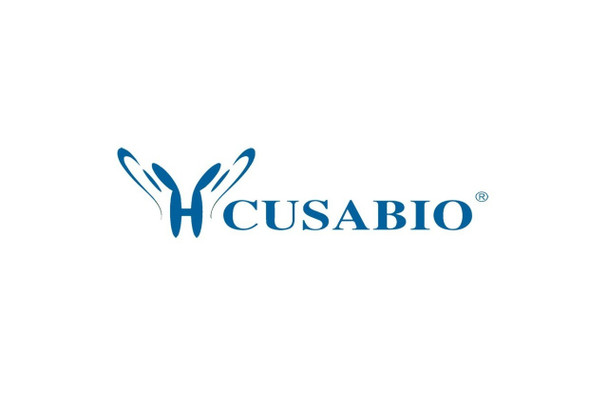Cusabio Polyclonal Antibodies
C3AR1 Antibody | CSB-PA210441
- SKU:
- CSB-PA210441
- Availability:
- 3 to 7 Working Days
Description
C3AR1 Antibody | CSB-PA210441 | Cusabio
C3AR1 Antibody is Available at Gentaur Genprice with the fastest delivery.
Online Order Payment is possible or send quotation to info@gentaur.com.
Product Type: Polyclonal Antibody
Target Names: C3AR1
Aliases: complement component 3a receptor 1
Background: The C3a receptor also known as complement component 3a receptor 1 (C3AR1) is a G protein-coupled receptorprotein involved in the complement system. Receptor for the chemotactic and inflammatory peptide anaphylatoxin C3a. This receptor stimulates chemotaxis, granule enzyme release and superoxide anion production. Widely expressed in several differentiated hematopoietic cell lines, in the lung, spleen, ovary, placenta, small intestine, throughout the brain, heart, and endothelial cells. Mostly expressed in lymphoid tissues.
Isotype: IgG
Conjugate: Non-conjugated
Clonality: Polyclonal
Uniport ID: Q16581
Host Species: Rabbit
Species Reactivity: Human
Immunogen: Fusion protein of human C3AR1
Immunogen Species: Human
Applications: ELISA, IHC
Tested Applications: ELISA, IHC;ELISA:1:1000-1:2000, IHC:1:25-1:100
Purification Method: Antigen affinity purification
Dilution Ratio1: ELISA:1:1000-1:2000
Dilution Ratio2: IHC:1:25-1:100
Dilution Ratio3:
Dilution Ratio4:
Dilution Ratio5:
Dilution Ratio6:
Buffer: -20°C, pH7.4 PBS, 0.05% NaN3, 40% Glycerol
Form: Liquid
Storage: Upon receipt, store at -20°C or -80°C. Avoid repeated freeze.
Initial Research Areas: Immunology
Research Areas: Immunology











